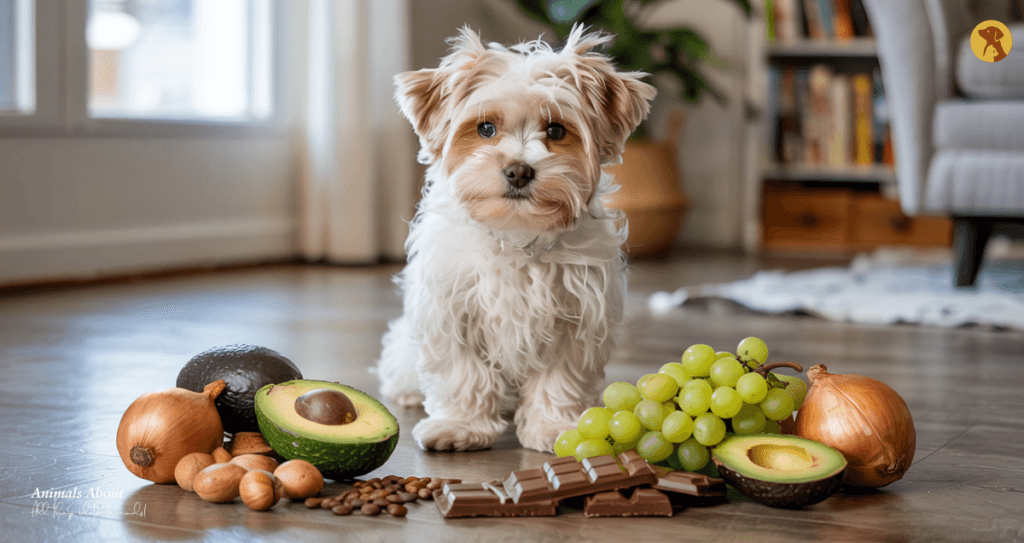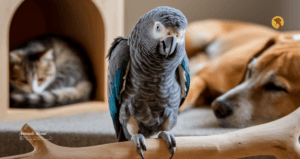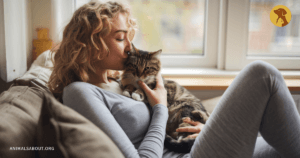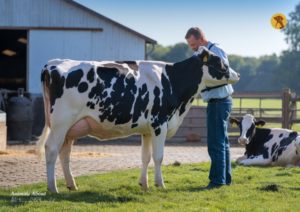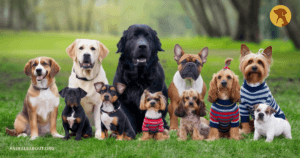Sharing your meal with your dog might feel like love, but is it safe? Discover the surprising truth about which foods your pup can enjoy guilt-free! Many dog owners ask the same question: “What human food is good for dogs?” Whether it’s a snack under the dinner table or a bite from your sandwich, it’s tempting to share with your furry friend. But not all people’s food is safe for dogs. Some foods we enjoy every day can be harmful—or even toxic—to dogs. That’s why knowing the list of safe human foods dogs can eat is essential for responsible pet ownership. In this guide, you’ll learn about dog-friendly human food, how to feed dogs table scraps safely, and what to avoid entirely.
Why Some Human Foods Are Safe for Dogs
Think your leftovers are harmless? Think again. What fuels you might upset your dog’s tummy—or worse. Dogs process food differently from humans. While they can enjoy many of the same nutrients we do, their digestive systems are more sensitive. Offering your dog the wrong food can lead to upset stomach, allergies, or more serious health concerns. On the flip side, certain human foods offer valuable nutrients like fiber, protein, vitamins, and healthy fats—when given in moderation. This is where dog nutrition from human food becomes an important concept. With guidance, your dog can enjoy healthy, balanced treats that add variety and nutrition to their diet.
Fruits and Vegetables: Natural and Nutritious Dog Snacks
Want to give your dog a colorful snack? Nature has the answer! Can dogs eat fruits and vegetables? Yes—many fruits and veggies are perfectly safe and even beneficial for dogs. These make excellent healthy snacks for dogs and can be included in homemade treats or added to their meals.
- Safe fruits for dogs include apples (no seeds), blueberries, bananas, watermelon (seedless), and strawberries. These are loaded with antioxidants, fiber, and vitamins.
- Dog-safe vegetables like carrots, green beans, peas, sweet potatoes, and pumpkin are excellent for digestion and low in calories.
Avoid grapes, raisins, onions, and garlic—these are toxic foods for dogs and should never be offered. Always serve fruits and vegetables plain, without seasoning, butter, or oils.
Safe Meats for Dogs: Protein-Packed and Delicious
Does your dog drool over your dinner? Make it count with lean, healthy protein! Dogs thrive on protein, and many human meats are safe as long as they’re plain and properly cooked. Some of the safe meats for dogs include:
- Chicken and turkey (no bones or skin)
- Lean beef (drained of fat)
- Cooked salmon (rich in omega-3s)
- Eggs (scrambled or boiled, fully cooked)
Avoid processed meats like bacon, sausage, or deli meats, as they’re high in sodium and may contain harmful preservatives. Never serve raw meat unless approved by your vet.
Safe Dairy for Dogs: Use With Caution
A cheesy treat may be your dog’s dream, but proceed with care! Some dogs can tolerate small amounts of dairy, while others are lactose intolerant. If your dog enjoys dairy, try offering small portions of:
- Plain yogurt (with live cultures to support digestion)
- Cottage cheese
- Small pieces of cheddar or mozzarella cheese
Watch closely for signs of upset stomach, like gas or diarrhea. Introduce slowly and always avoid flavored, sweetened, or artificially colored dairy products.
Grains and Carbs: Can Dogs Eat Them?
Think carbs are just for humans? Your dog may enjoy them, too! Many grains are safe and nutritious for dogs. The key is to serve them plain and in moderation. These grains are easy to digest and often used in homemade dog food:
- Oatmeal
- Brown rice
- Quinoa
- Whole wheat pasta
Avoid processed baked goods or foods containing sugar, chocolate, or artificial sweeteners like xylitol, which is extremely toxic to dogs.
Feeding Dogs Table Scraps Safely
Guilt-free sharing starts with smart choices. It’s common to offer your dog a bit of your meal, but you need to be careful. Feeding dogs table scraps safely means choosing the right ingredients:
- Plain, cooked meats
- Steamed vegetables
- Small portions of rice or pasta
Skip anything with seasoning, sauces, onions, or butter. Even small amounts of harmful foods can affect your dog’s health over time.
Homemade Dog Treats Using People Food
Treat time just got tastier—and healthier! Want to give your pup something special? Try making homemade dog treats using simple, vet-approved ingredients. A few easy recipes include:
- Mashed banana, xylitol-free peanut butter, and oats
- Pumpkin puree and rice flour cookies
- Boiled sweet potatoes and shredded chicken bites
This gives you full control over ingredients and lets you avoid preservatives found in store-bought treats. It’s also a great way to include human foods that benefit dogs in their snack routine.
People Food Safe for Dogs (Quick Reference)
Tired of guessing what’s safe? Here’s a quick go-to list:
List of foods dogs can eat:
- Apples (no seeds)
- Blueberries
- Carrots
- Green beans
- Chicken, turkey, beef (plain, cooked)
- Plain yogurt
- Eggs (cooked)
- Oatmeal
- Pumpkin
- Bananas
What not to feed dogs:
- Grapes & raisins
- Chocolate
- Onions & garlic
- Macadamia nuts
- Alcohol or caffeine
- Foods with xylitol
- Raw dough or batter
When in doubt, always double-check. Some ingredients hidden in everyday recipes (like onion powder) can be dangerous even in small amounts.
Balanced Treats for Dogs: Portion and Frequency Matter
More isn’t always better—even with healthy foods. Even the healthiest, balanced treats for dogs should be served in moderation. Human food should only make up about 10% of your dog’s total daily caloric intake. Stick to fresh, whole ingredients and avoid processed items. Keep track of how your dog reacts to new foods, and adjust portions based on age, size, and activity level.
Making Smart Choices for Dog Nutrition
The best way to love your dog? Feed them right, from the bowl to the treat jar. Providing proper dog hygiene and a healthy diet is part of being a responsible pet parent. While dog bathing frequency and grooming are important, so is what you feed them. Offering safe, nutritious people food safe for dogs can be a joyful way to bond and keep your dog happy. Just remember—what’s healthy for us isn’t always healthy for them. Yo ur dog depends on you to make smart, safe choices. Use this Dog Nutrition Guide to navigate the world of shared snacks and safe table treats. For more helpful tips on dog coat care, how often you should bathe your dog, or even cleaning dogs with different coat types, check out our latest posts on animalsabout.org.
FAQ
You can safely feed your dog plain, cooked meats like chicken or beef, fruits like apples or blueberries, and veggies like carrots or green beans in moderation. Always avoid toxic foods like grapes, onions, and chocolate.
Yes, many fruits and vegetables are safe and healthy for dogs. Options like bananas, sweet potatoes, and green beans offer fiber and nutrients. However, some fruits like grapes and avocados are toxic.
Dogs can eat fully cooked eggs and small amounts of plain dairy like yogurt or cottage cheese. Some dogs are lactose intolerant, so always introduce dairy slowly and watch for signs of digestive upset.
Safe meats include plain, cooked chicken, turkey, beef, and salmon. Avoid processed meats with salt or seasoning, and never feed cooked bones or raw meat without vet guidance.
Never feed your dog chocolate, grapes, raisins, onions, garlic, macadamia nuts, caffeine, or anything with xylitol. These foods are toxic and can cause serious health problems.
Disclaimer: This content is for informational purposes only. Always consult your veterinarian before introducing any new food to your dog’s diet.

